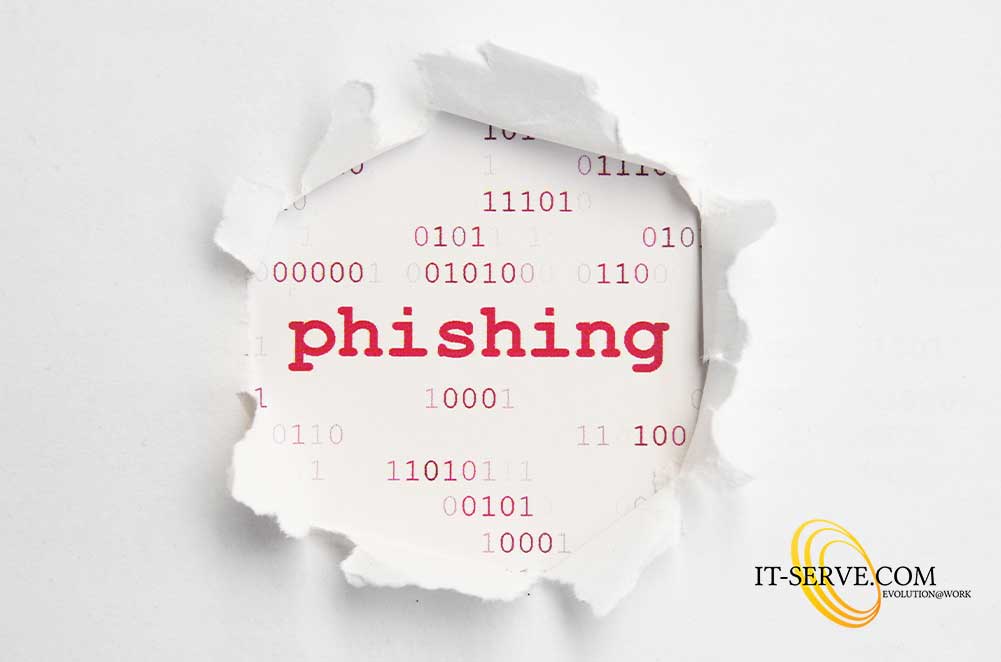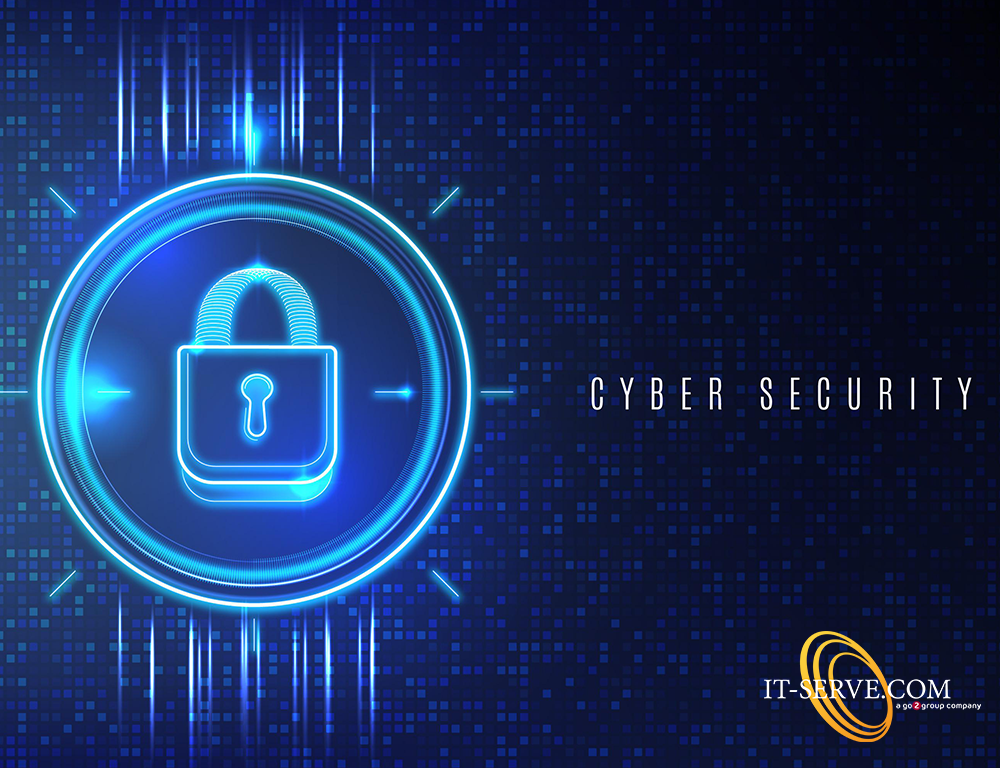
In today's digitally connected world, where information is key, businesses face an increasing threat from cyber-criminals seeking unauthorized access to sensitive data. One of the most common and deceptive methods employed by these adversaries is phishing attacks. As part of our ongoing commitment to cybersecurity education, IT-Serve is dedicated to empowering businesses in Dubai with the knowledge to protect themselves against these insidious threats.
Understanding Phishing Attacks:
Phishing attacks are cunning attempts by cybercriminals to trick individuals into divulging sensitive information such as usernames, passwords, and financial details. These attacks often take the form of seemingly legitimate emails, messages, or websites, making it challenging for even the most vigilant individuals to detect.
Key Characteristics of Phishing Attacks:
Deceptive Emails: Cybercriminals often pose as trustworthy entities, such as banks, government agencies, or even colleagues, to create a false sense of legitimacy.
Urgency and Fear Tactics: Phishing emails frequently employ urgent language or threats to create a sense of panic, pushing recipients to act quickly without thinking.
Spoofed Websites: Attackers may craft convincing replicas of legitimate websites to trick users into entering sensitive information.
Malicious Attachments and Links: Emails may contain infected attachments or links that, when clicked, install malware on the user's device.
Protecting Your Company:
Safeguarding your business against phishing attacks requires a multi-faceted approach that combines technology, employee training, and constant vigilance.
Essential Security Measures:
Email Filtering: Implement robust email filtering solutions to detect and block phishing attempts before they reach your inbox.
Multi-Factor Authentication (MFA): Enable MFA to add an extra layer of protection, requiring users to verify their identity through multiple means.
Regular Software Updates: Ensure that all software and systems are up-to-date to patch vulnerabilities that attackers might exploit.
Employee Training Programs: Conduct regular cybersecurity awareness training sessions to educate employees about the dangers of phishing and how to identify suspicious emails.

Best Practices for Employees:
Verify Sender Identities: Always double-check the sender's email address, especially if the email conveys urgency or requests sensitive information.
Hover Before You Click: Hover over links in emails to preview the actual URL. If it looks suspicious or doesn't match the expected destination, avoid clicking.
Beware of Urgency: Be cautious of emails that create a sense of urgency or pressure you to act quickly. Legitimate organizations rarely demand immediate action.
Keep Personal Information Private: Avoid sharing sensitive information via email. Legitimate organizations will not request sensitive details through email communication.
Incident Response Plan:
Develop a Response Plan: Prepare for the eventuality of a phishing attack by establishing a clear incident response plan that outlines the steps to be taken in case of a security breach.
Regularly Test Your Defenses: Conduct simulated phishing exercises to assess the readiness of your employees and the effectiveness of your security measures.
Phishing attacks continue to be a pervasive threat, and their success often hinges on exploiting human vulnerabilities. By combining advanced cybersecurity measures with employee education, businesses in Dubai can significantly reduce the risk of falling victim to these deceptive tactics. IT-Serve remains committed to keeping our clients and partners ahead of emerging threats, empowering them to navigate the digital landscape securely. Stay vigilant, stay informed, and together, we can fortify the defenses against cyber threats.



















